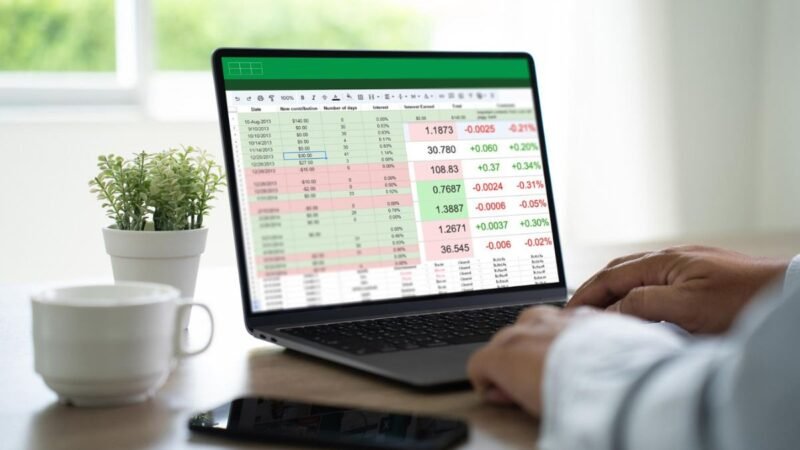What Are Essential Digital Marketing Tools For Small Businesses?

In today’s fast-paced and highly competitive digital landscape, small businesses need to leverage the power of digital marketing to reach their target audience effectively. Fortunately, a wide range of digital marketing tools are available to assist small businesses in improving their online presence, attracting new customers, and driving growth. This blog post will explore essential digital marketing tools that every small business should consider incorporating into their marketing strategy.
1. Content Management Systems (CMS)
A strong CMS is the foundation of any effective digital marketing strategy. It allows businesses to create and manage their website easily. Platforms like WordPress, Squarespace, and Wix provide user-friendly interfaces, customizable templates, and seamless content editing capabilities. With a CMS, small businesses can regularly update their website with fresh content, optimize it for search engines, and enhance user experience.
2. Email Marketing Tools
Email marketing remains one of the most effective ways to engage customers and generate leads. Tools like Mailchimp, Constant Contact, and SendinBlue offer user-friendly interfaces to create visually appealing email campaigns, manage subscriber lists, automate email sequences, and track campaign performance. Small businesses can use email marketing tools to build customer relationships, promote products or services, and drive website traffic.
3. Social Media Management Platforms
Small businesses must use social media platforms to engage with their target audience. Tools like Hootsuite, Buffer, and Sprout Social allow businesses to manage multiple social media accounts, schedule posts, monitor brand mentions, analyze performance metrics, and engage with followers. Utilizing social media management platforms can help small businesses streamline their social media presence and effectively reach their audience across different platforms.
4. Search Engine Optimization (SEO) Tools
Small businesses must optimize their website for search engines to improve organic search visibility and drive website traffic. SEO tools like SEMrush, Moz, and Ahrefs provide valuable insights into keyword research, competitor analysis, backlink tracking, and website audit. By leveraging these tools, small businesses can identify opportunities to improve search rankings, enhance website performance, and attract organic traffic.
5. Pay-Per-Click (PPC) Advertising Tools
PPC advertising allows small businesses to display ads on search engine results pages and social media platforms. Platforms like Google Ads and Facebook Ads provide comprehensive tools to create, manage, and optimize PPC campaigns. Small businesses can set budgets, target specific demographics, and track ad performance to maximize their return on investment (ROI). PPC advertising tools offer flexibility and control over ad campaigns, making them ideal for small businesses with limited marketing budgets.
6. Analytics Tools
Small businesses need to track and analyze website and campaign performance to measure the success of digital marketing efforts. Tools like Google Analytics and Adobe Analytics offer in-depth insights into website traffic, user behavior, conversion rates, and other metrics. By analyzing these metrics, small businesses can identify areas for improvement, refine their marketing strategies, and make data-driven decisions to optimize their online presence.
Take Away
In today’s digital age, small businesses must embrace digital marketing tools to stay competitive and reach their target audience effectively. By incorporating them into their strategy, small businesses can enhance their online presence, attract new customers, and cost-effectively drive growth.
To further expand your knowledge and expertise in using digital marketing tools, consider enrolling in an advanced digital marketing course. Such a course can provide you with valuable insights, hands-on experience, and strategies to maximize the potential of these tools, ensuring your business stays ahead in the ever-evolving digital landscape.
Also Read : What is A Digital Marketing Plan, And How Is It Done?


